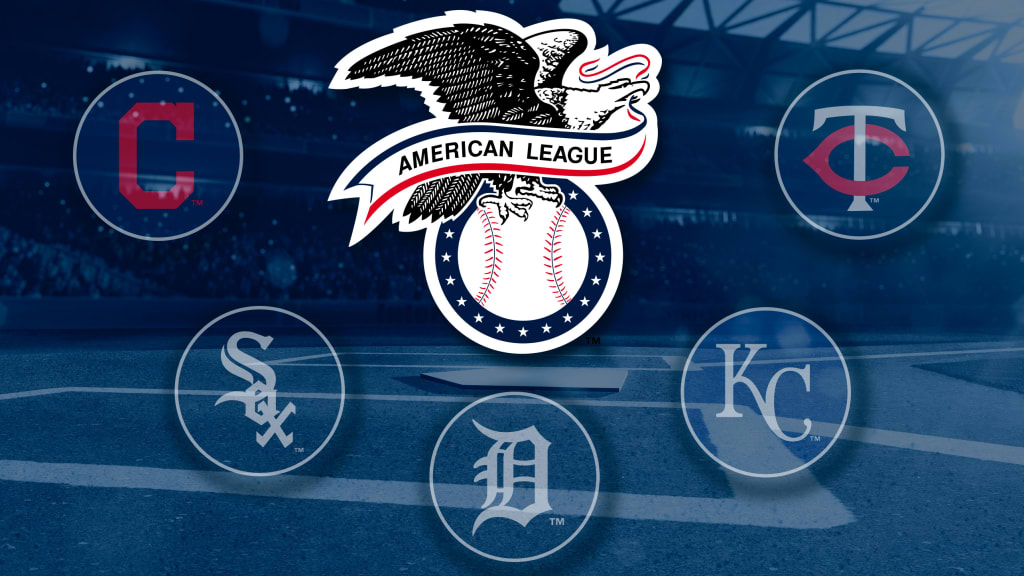
We're just under two weeks away from the Trade Deadline, but questions about which teams may be buyers and which may be sellers essentially started soon after Opening Day. That's the fun part of following baseball day to day -- rumors, speculation and the well-placed "industry source" in a never-ending news cycle keeps things spicy over a long season.
Now that July 31 is quickly approaching, the trade market picture is clearing. But that doesn't mean every team knows yet if it is a buyer, a seller, both or neither. The American League Central division, for example, has a little bit of everything:
Indians: Unclear; maybe neither?
The Indians are in the thick of the AL Wild Card race and have pushed themselves back into the division title conversation, thanks to a solid July and the Twins' mediocre play of late. At first glance, it would seem ridiculous to suggest the Indians would be sellers at the Deadline. And they probably aren't. Unless they are.
Cleveland is a small-market club that will need to be creative from year to year if it intends to avoid a full-on rebuild, which, obviously, would require selling off any and all assets in a fairly short amount of time.
The more desirable scenario is to strike when high-valued players are at their peak, such as starting pitcher Trevor Bauer and lefty closer Brad Hand, whose names continue to pop up in trade rumors. Both are under club control through at least 2020 ('21 for Hand), and if they were dealt now, the Indians could recoup a haul in controllable talent that could help them continue to contend next year and beyond while superstar shortstop Francisco Lindor is still on the roster. Logic -- and the standings -- suggest both Bauer and Hand are staying put.
Royals: Seller
This is fairly obvious, given the Royals have already sold off two commodities -- Homer Bailey and Martín Maldonado -- and made it clear they're open for business. To put it gently, any Royals player with an expiring contract may want to hit his favorite Kansas City barbecue spot sooner rather than later (and definitely before July 31 at 3 p.m. CT).
Speedy outfielder Billy Hamilton and reliever Wily Peralta could surface as trade chips, but it's more likely that lefty reliever Jake Diekman will be a target for contending teams looking to boost their bullpen -- and what contending team isn't? Another player to keep an eye on: super-utility man Whit Merrifield, who is either available if a team is willing to make an offer the Royals cannot refuse or, as the emerging face of the franchise, is absolutely untouchable. (This all depends on which trade rumor stories you're reading.)
Tigers: Seller
The Tigers have a pitcher that has several contenders drooling -- not just because he's having a solid season, but because he won't be a free agent for three years. That pitcher is lefty Matthew Boyd, who has three years of arbitration remaining and would net a huge package of prospects that could speed up the Tigers' rebuilding process. But that also may be why Detroit won't deal Boyd -- why trade such a valuable piece of the rotation that could anchor a team that may be ready to contend in the next couple of years?
More realistically, the Tigers will deal pending free-agent right fielder Nicholas Castellanos, who will likely net a modest return. Could a trade bring the Tigers a Major League-ready piece?
Twins: Buyer
The Twins have one of the best -- if not the best -- offenses in baseball. Now, they're looking to further fortify their roster with bullpen reinforcements, and possibly a controllable starting pitcher. Their aggressive past trades of Brian Dozier, Eduardo Escobar and Ryan Pressly have enriched their farm system and put them in a good position to be able to make a deal or two without having to sacrifice their top Minor League talent, but the bullpen has been wobbly of late and the rotation include two pitchers, in Michael Pineda and Martin Pérez without proven track records throwing this many innings.
White Sox: Neither
The White Sox rebuild has been in full force for a while, and the Trade Deadline won't do much to alter the long-term vision the club unveiled a while back when it traded top Major League talent for future assets. There's no reason for the Sox to add short-term contracts, and it's also unrealistic to think they can obtain valuable team-controlled talent in exchange for the few veterans they could deal.
That includes closer Alex Colomé, who is under club control through 2020. The Sox have enjoyed several stretches this season where they looked like they were on the verge of taking that next step, and, typically, that bodes well for the following season. Why give up anyone who can help the team close out wins next year?




